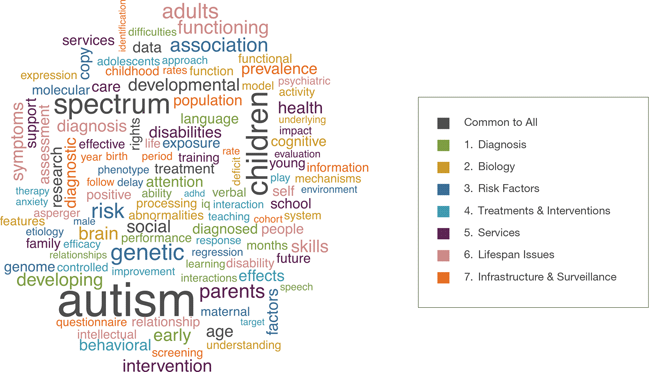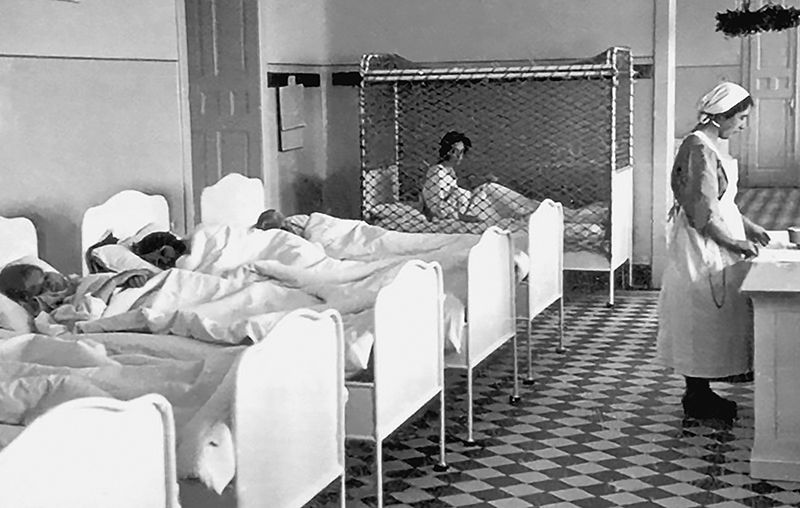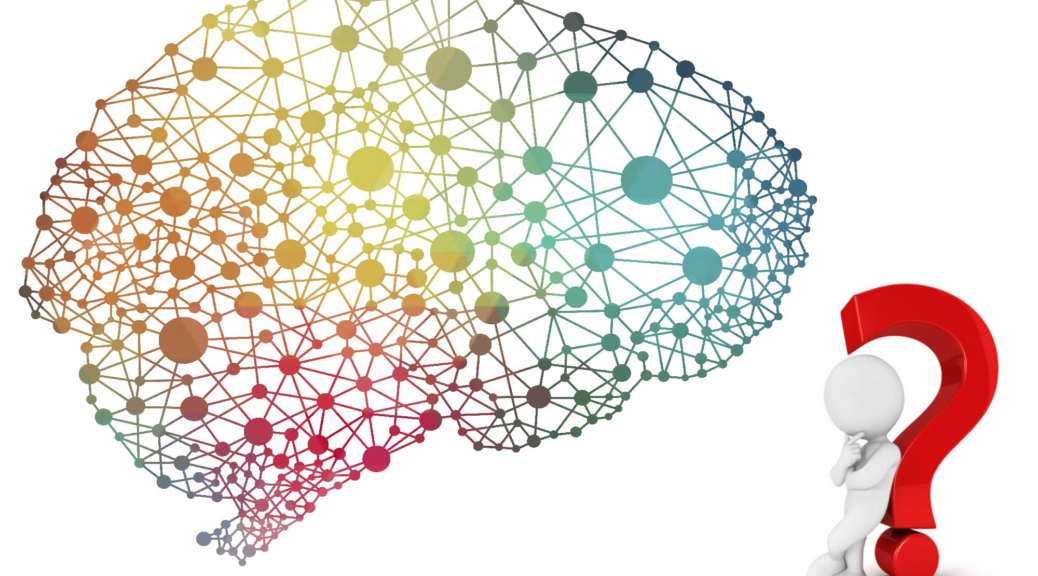Advocates, Researchers, and Reconciliation
I’m not writing this post because I particularly want to apportion blame to either researchers or neurodiversity advocates, or to fight over old grievances, as an end in itself. Mostly, I hope we can move forwards into a future where researchers and autistic advocates see one another as collaborators, as allies who are both fundamentally interested in the same goals – in particular, enhancing quality of life for autistic people across all the whole breadth of the multidimensionally diverse autism…




